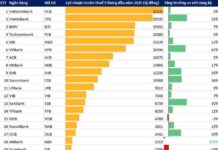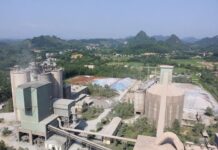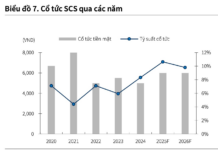The draft Law on Investment in the form of Public-Private Partnerships (PPP) is currently being discussed and revised at the 8th session of the 15th National Assembly. This law amendment aims to address urgent issues related to institutions, simplify administrative procedures, and promote decentralization and delegation of authority in the fields of business and PPP investment.
One of the notable changes in the revised PPP Law is the removal of restrictions on investment fields and minimum capital requirements. Previously, only five sectors were open to PPP investment, with minimum capital requirements ranging from VND 100 billion to 200 billion. These restrictions limited the potential for attracting investment in smaller-scale projects with high development potential.
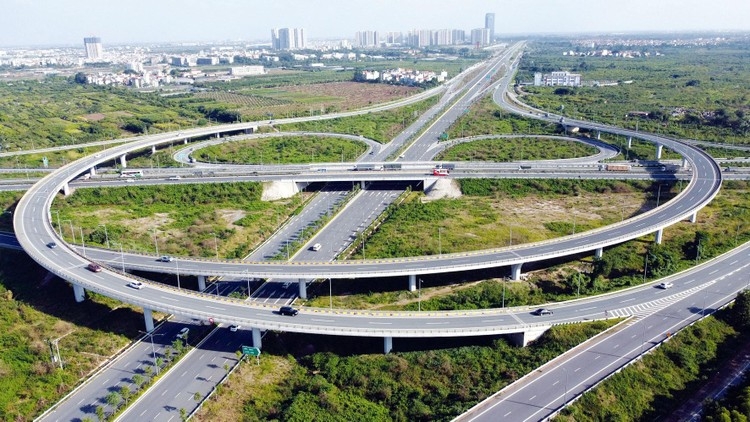
The amended Law on PPP Investment is expected to unblock challenges for projects.
By removing these restrictions, the draft law facilitates projects from diverse sectors, catering to the needs and practical conditions of each locality. This not only encourages investors to explore new fields but also provides opportunities for localities to undertake projects that were not previously allowed.
The bill also proposes considering a higher ratio of state capital, exceeding 50% but not exceeding 70% of the total investment, especially for projects where site clearance costs account for more than 50% of the total investment or in socio-economically challenging areas. This decision is significant as it reduces the financial burden on investors and encourages their participation in high-risk projects.
Increasing the ratio of state capital will reassure private investors and ensure that projects are executed with high quality and within a reasonable timeframe. This can expedite the progress of crucial infrastructure projects, meeting the country’s economic development needs.
Representative Tran Van Tuan from Bac Giang province remarked that amending and supplementing the PPP Law would help address the challenges faced by investors and unlock resources, especially given the limited state budget.

Representative Tran Van Tuan from Bac Giang province
Investors are keenly interested in certain amendments, including: stipulating compensation for investors when contracts are terminated prematurely; increasing the ratio of state capital in PPP projects to over 50% in special cases; and supplementing state capital to address the risk of revenue reduction in PPP projects.
According to the representative, the current PPP Law only stipulates state capital support for infrastructure development to enhance the financial efficiency of projects during the construction phase (as stated in Clause 1, Article 70). There is no provision for revenue support when projects experience an unexpected decline, not due to the investor’s fault. This has made it challenging for some projects during the operation phase, dampening investors’ trust and interest in new PPP projects.
“Therefore, the drafting committee should consider adding a provision to the draft law regarding state capital support for PPP projects signed before the law takes effect if necessary. Additionally, the government should be entrusted with detailing the procedures, application subjects, and risk-sharing mechanisms between investors and lenders in such cases,” suggested Representative Tran Van Tuan.
Representative Luu Ba Mac from Lang Son province mentioned that some localities, including Lang Son, Bac Giang, and Hanoi, have BOT projects signed before the PPP Law took effect and have been put into operation. However, these projects are facing unexpected revenue declines, affecting their financial plans and prolonging their implementation.
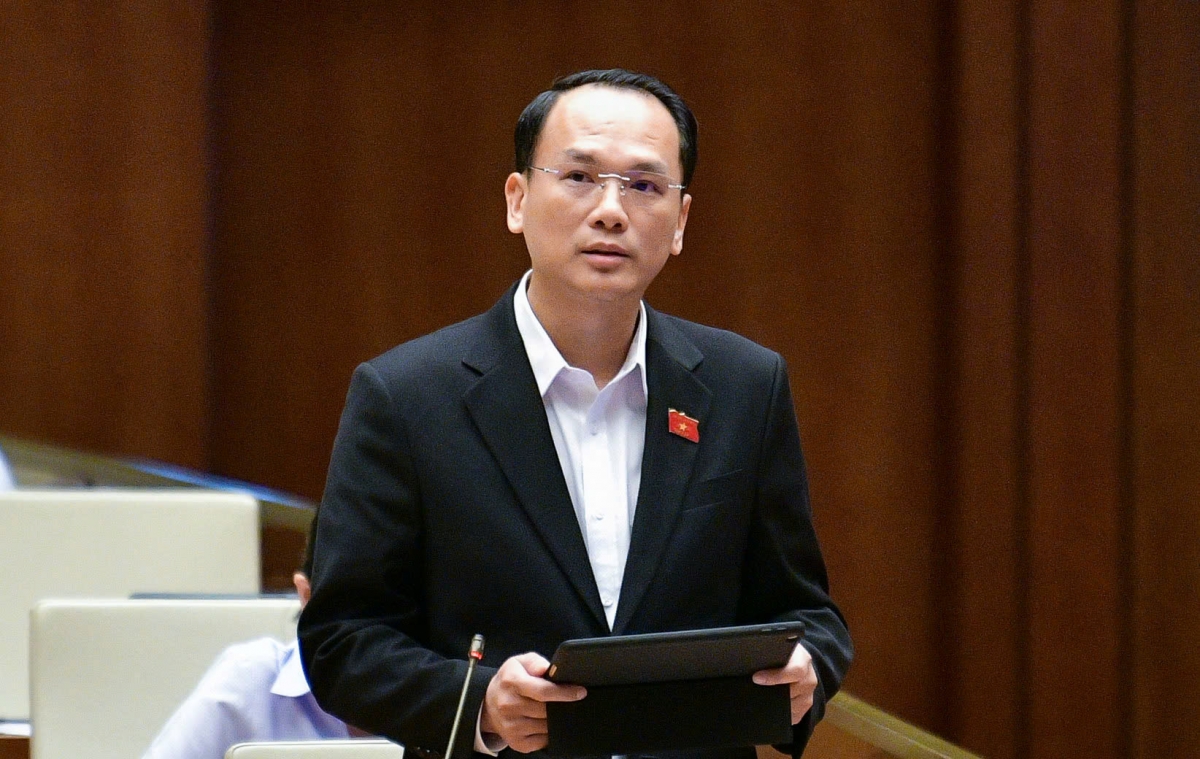
Representative Luu Ba Mac from Lang Son province
The representative from Lang Son suggested that for projects already in operation that have encountered quantifiable difficulties due to objective reasons beyond the investors’ control, such as changes in planning, policy adjustments on price control, fee waivers, or reductions in toll stations significantly impacting the initial financial plan, there is a need for harmonious solutions that balance the interests and risks among the involved parties.
“The law drafting agency needs to consider and review this issue more carefully to resolve the difficulties faced by businesses and related agencies, thereby enhancing the effectiveness of the PPP investment method,” requested Representative Luu Ba Mac.
Regarding the provision in point b, clause 16 of the draft law, which amends point d, clause 1, Article 69 of the current PPP Law, the objective is to use state capital to make up for the revenue reduction in PPP projects. The representative proposed that the law drafting agency should expand the scope of this provision to include projects already in operation but facing objective difficulties, requiring additional state capital to maintain financial efficiency.
Furthermore, to ensure flexibility and practicality, Mr. Mac suggested adding to Clause 3, Article 69 of the current PPP Law, entrusting the government with detailing the management and use of state capital in PPP projects. This should include application conditions, support conditions, and the responsibilities of related agencies.
Additionally, Mr. Luu Ba Mac believed that it was necessary to adjust the mechanism for sharing revenue increases and decreases, as stipulated in Article 82 of the current PPP Law, to apply to BOT projects signed before the PPP Law took effect. This would allow for flexible handling of old contracts, ensuring harmonious interests among the parties involved and adapting to the new legal changes.









